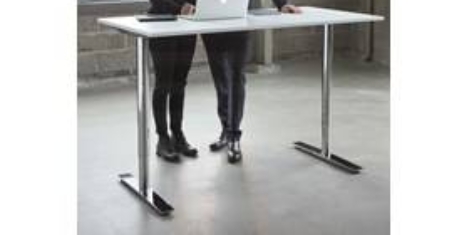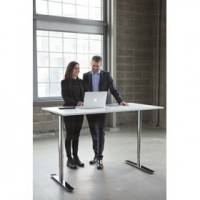May 20, 2015
Women over 55 most likely to be business strategists, finds report
 A new report claims that only 8 percent of senior managers currently have ‘Strategist’ leadership capabilities and have the attributes and mind sets to lead transformational change and solve their most difficult problems. This is because employers don’t identify and empower their leaders with the right capabilities and attributes, says the report published by PwC’s Consulting practice. According to “The hidden talent: Ten ways to identify and retain transformational leaders,” the work of strategists is underpinned by inquiry-based experimentation. They see both the vision and detail, employ positive language and exercise power courageously. They understand the complexity of the environment in which they’re working and are able to employ passionate detachment. The report claims that the largest proportion of ‘Strategist’ leaders, are women over 55.
A new report claims that only 8 percent of senior managers currently have ‘Strategist’ leadership capabilities and have the attributes and mind sets to lead transformational change and solve their most difficult problems. This is because employers don’t identify and empower their leaders with the right capabilities and attributes, says the report published by PwC’s Consulting practice. According to “The hidden talent: Ten ways to identify and retain transformational leaders,” the work of strategists is underpinned by inquiry-based experimentation. They see both the vision and detail, employ positive language and exercise power courageously. They understand the complexity of the environment in which they’re working and are able to employ passionate detachment. The report claims that the largest proportion of ‘Strategist’ leaders, are women over 55.

































May 18, 2015
Management is needed to ensure people actually use sit stand workstations
by Kati Barklund • Comment, Furniture, Wellbeing, Workplace design
(more…)